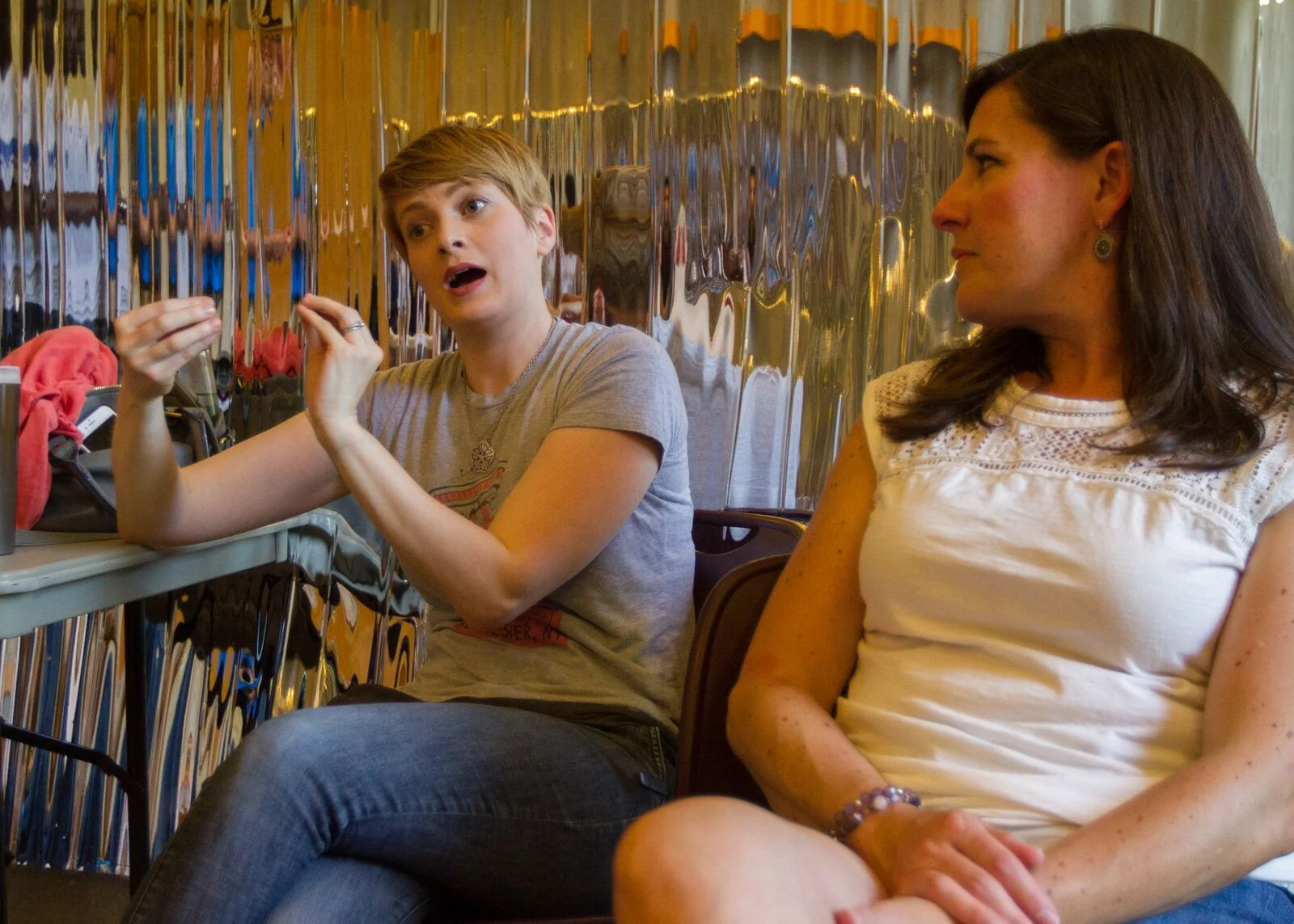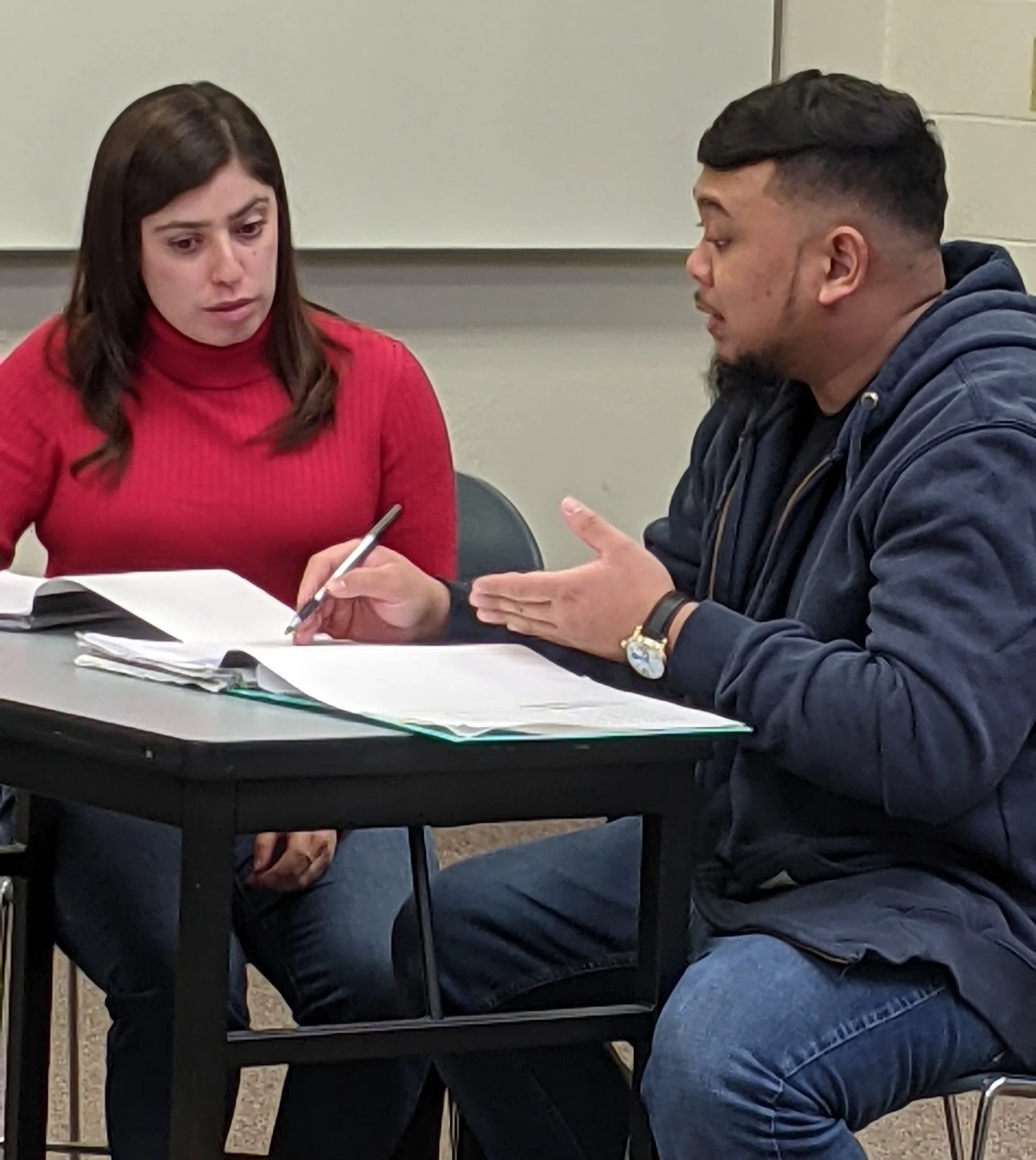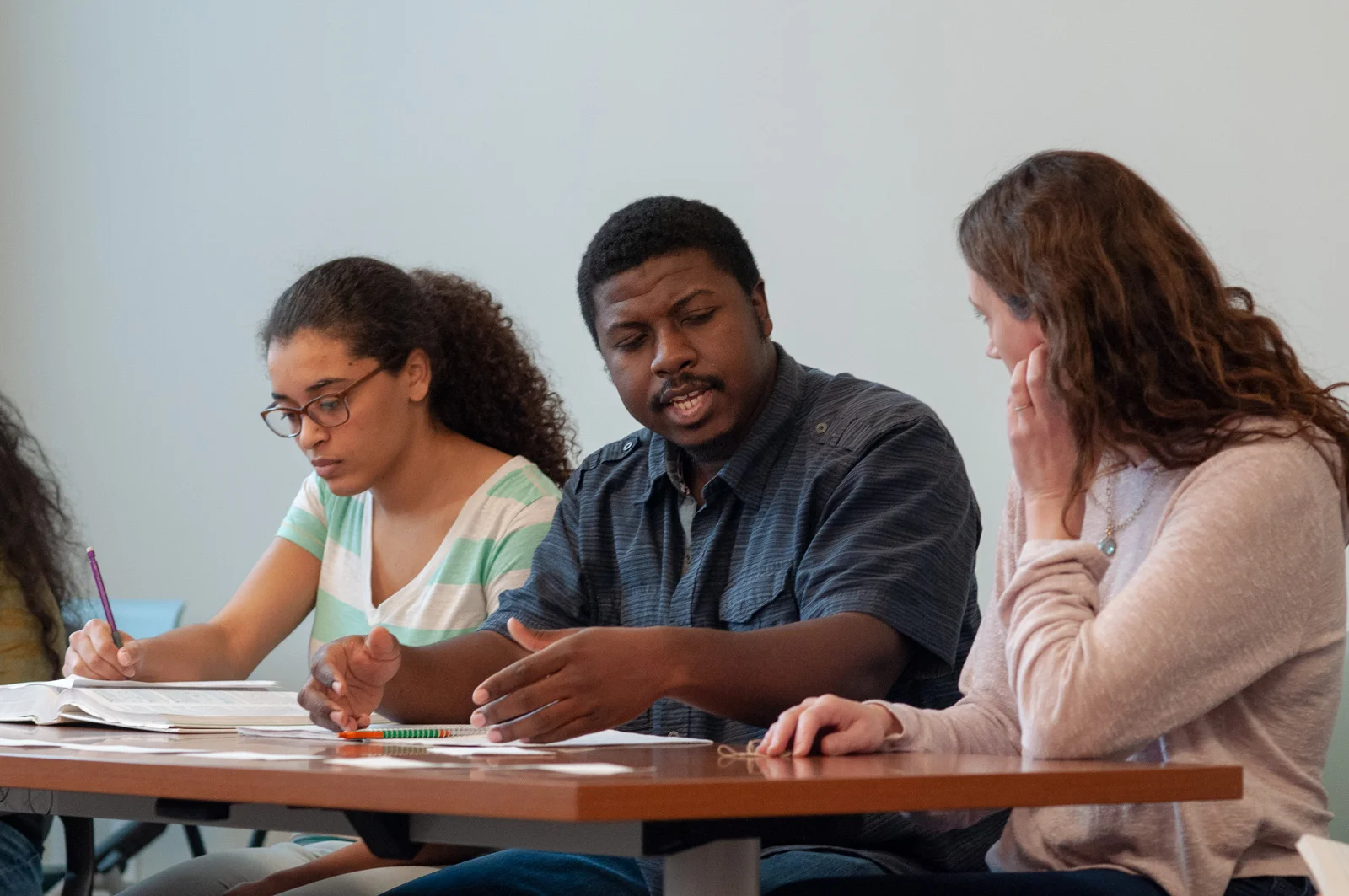Professional Development for Teachers
Teachers in the 21st century juggle a myriad of interpersonal challenges each day. From interacting productively with colleagues & supervisors to communicating effectively with students and their families - successful educators need strong listening and decision-making skills, an understanding of students and their needs, and the ability to communicate with clarity and empathy. Impact’s innovative programs invite educators to reflect on their work, share common experiences, strengthen communication skills, and actively problem-solve together.
Communicating Effectively with Parents/Guardians
Communicating with parents/guardians is a common concern among teachers. “What if they’re unhappy with their child’s progress in my class? What if we don’t speak the same language or have the same values? What if they blame me for their child’s struggles?” These concerns are real and can feel daunting, yet a teacher’s ability to communicate effectively with parents/guardians can play an important role in a student’s success at school. Impact Interactive engages teachers in meaningful dialogue about the challenges of communicating effectively with families. Through role play, discussion, and an interactive scene, educators will reflect on and share their own experiences, explore the consequences of making assumptions, discover the importance of empathy, and develop confidence, skills and strategies for communicating more effectively with parents/guardians.
This program includes interactive activities, small group discussion, and a scripted, interactive scene (description below) which addresses the following questions:
What challenges do teachers and parents face when communicating with one another? What are the barriers to effective communication?
How do stress and anxiety affect the way people communicate?
What role does empathy play in effective communication?
What kinds of attitudes, behaviors & practices can contribute to more effective parent-teacher communication.
“Making the Grade”
Mrs. Boyd is a hard working, loving mother who requests a conference with 11th grade history teacher, Mr. Greene, to discuss the “D” her daughter, Jessica, received on her latest report card. Not only does Mrs. Boyd believe the grade is unfair, but a “D” makes Jessica ineligible for the varsity softball team, “and softball” says Mrs. Boyd “is one of the only reasons Jessica goes to school.” When Mr. Greene shares his grade book and explains what he belives led to Jessica’s poor grade, Mrs. Boyd questions his teaching practices and embroils him in a dispute over the facts. The tensions heighten as Mr. Greene finds himself on the defensive, and the scene freezes when an unhappy Mrs. Boyd threatens to go to the principal.
Handling Interpersonal Challenges at School
This highly interactive program uses a variety of theatre-based techniques to explore common challenges faced by teachers, including navigating workplace politics and gossip, pressure from administrators, and collaborating with co-teachers who have different approaches and values. This program can be easily customized to incorporate other challenges and situations that are specific to your school. The program explores the following questions:
How do challenging relationships with school colleagues and administrators impact our ability to do our best work with students?
How do the assumptions we make and our ability to empathize affect the way we handle challenging relationships at school?
What can we do to more effectively navigate interpersonal issues with colleagues so that we can focus our energy on helping our students?
STOP & BREATHE! A Theatre-based Exploration of the Benefits of Mindful Teaching
Being a teacher isn’t easy. It takes patience, creativity, self-awareness and empathy to create a nurturing and inclusive classroom where every student can learn and thrive. Successful teachers are sensitive to children’s developmental levels, learning styles, familial and cultural contexts, and social and emotional needs. They must also be conscious of their own thoughts, feelings and values, while monitoring complex classroom processes and meeting educational goals. In other words, preschool teachers need to be superhuman! Or do they? We live in a society that demands perfection and the superhuman ability to juggle hundreds of balls. But what if we start by juggling 3?
Join Impact Interactive directors, Jodi Beckwith and Allison Roberts, in an engaging and interactive exploration of the roles that Self Awareness, Being Present and the Ability to Trust Your Instincts can play in helping educators develop a more balanced, enjoyable and effective teaching practice.




